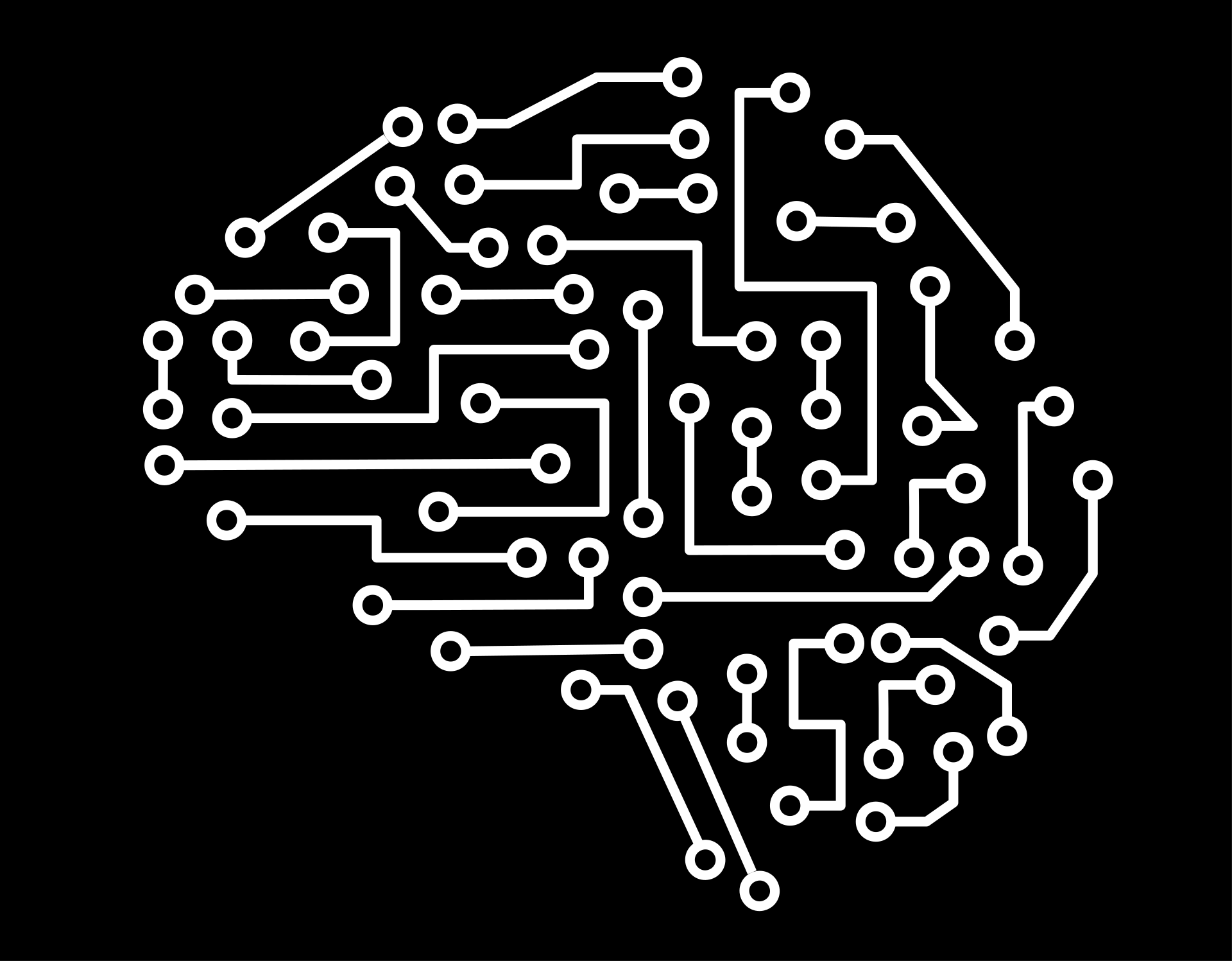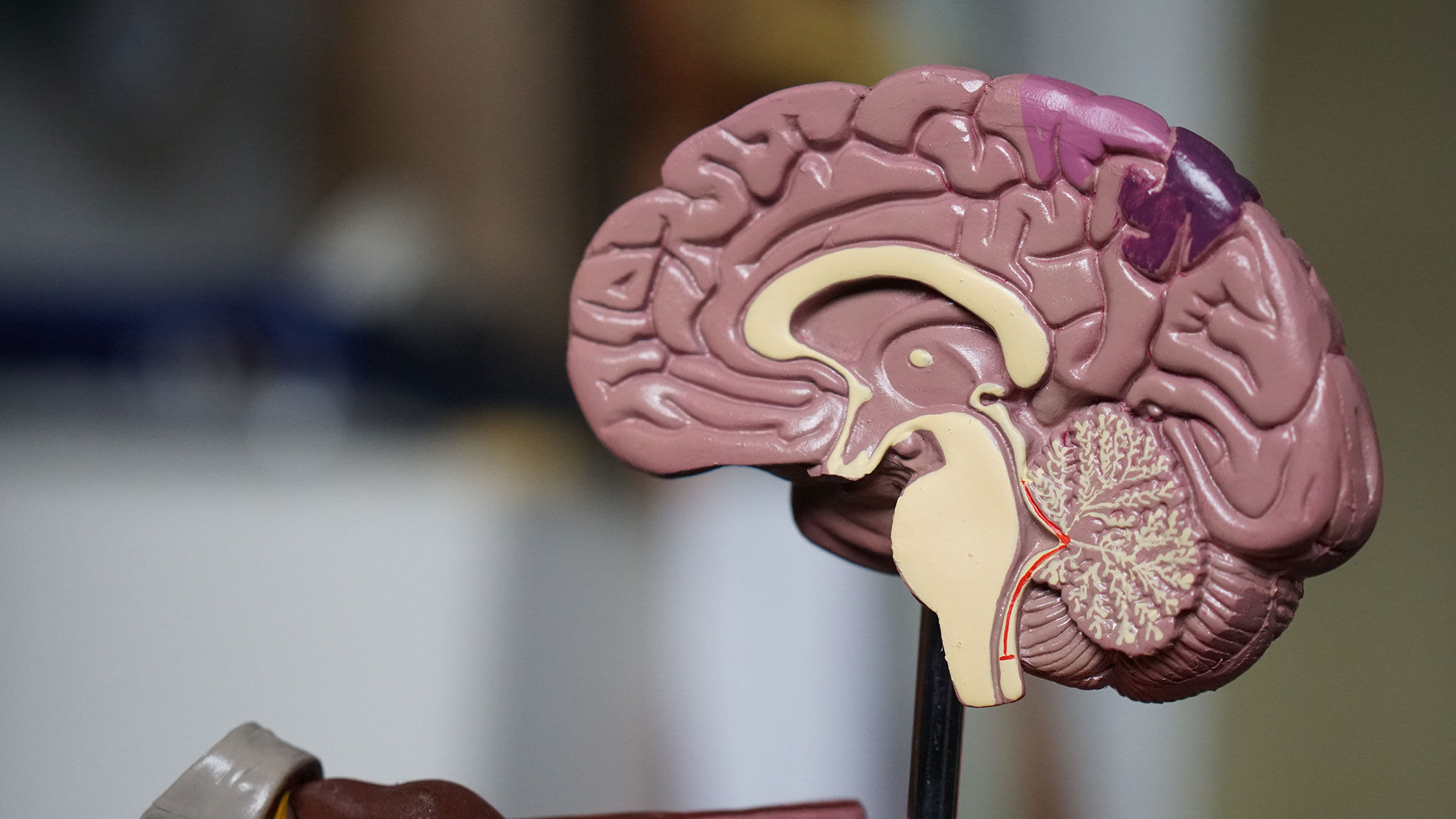October
1st
, 2020

The recent deaths of George Floyd, Breonna Taylor, and Rayshard Brooks have been the catalyst for conversations within professional communities about about anti-Black racism, police brutality, and systemic injustice. Neuroethics, as a field, is well-positioned to investigate and intervene on several of the social justice problems that have and will likely continue to arise from neuroscience and neural engineering. Unfortunately, marginalized people are underrepresented in all of these fields. In order to weigh in on the broader conversation about justice, equity, and inclusion in the neurosciences—as well as to change the culture of neuroethics—the International Neuroethics Society has formed a diversity and inclusion task force. The INS has appointed me chair of this taskforce. Joining me are Drs. Jayashree Dasgupta, Rosemary Musesengwa, Nicole Martinez-Martin, and Laura Specker-Sullivan.
Take a look at the full announcement here. Please get in contact with us if you want to join the conversation, help change the INS, or are in need of support.
More →
September
25th, 2020

Existing work on the ethics of Brain–Machine Interfaces examines the privacy and security dimensions of BMIs as well as questions of personal identity, authenticity, free will, and responsibility. Substantially less work interrogates BMI research, development, and commercialization from the perspective of social justice. In an effort to consolidate these efforts, and catalyze new ones, I teamed up with Prof. Ryan Calo (of co-director of the UW Tech Policy Lab) to host a series of three virtual, exploratory workshops on the social impacts of brain-machine interfaces (BMIs). Each workshop placed technologists and humanists in direct conversation about how current and future BMIs will impact society—foregrounding concerns about human rights, civil liberties, structural inequality, representation in research, and inclusive design. Panelists and invited discussants included interdisciplinary neurotechnology researchers from the University of Washington as well as select national experts who approach neurotechnology from the perspectives of gender, sexuality, disability, and race.
More →
March
5th, 2020

I’m excited to announce that my paper, “Building Intricate Partnerships with Neurotechnology: Deep Brain Stimulation and Relational Agency,” was just published in the International Journal of Feminist Approaches to Bioethics. This article makes up one part of a special section on feminist neurotechnologies edited by Drs. Sara Goering and Laura Specker-Sullivan.
Check out the abstract below:
Deep Brain Stimulation (DBS) is an FDA-approved treatment for symptoms of motor disorders—with experimental use for psychiatric disorders. DBS, however, causes a variety of side effects. Moral philosophers question DBS’s influence on users’ experiences of authenticity, identity, and/or autonomy. These characterizations of DBS, however, may not make sense of how DBS complicates, rather than simply impedes or bolsters, users’ abilities to exercise agency. Empirical work exploring DBS users’ lived-experiences and feminist accounts of relational autonomy demonstrate that the issues users face are better characterized in terms of the user’s relationship to their stimulator, that is, in terms of “relational agency.”
More →


